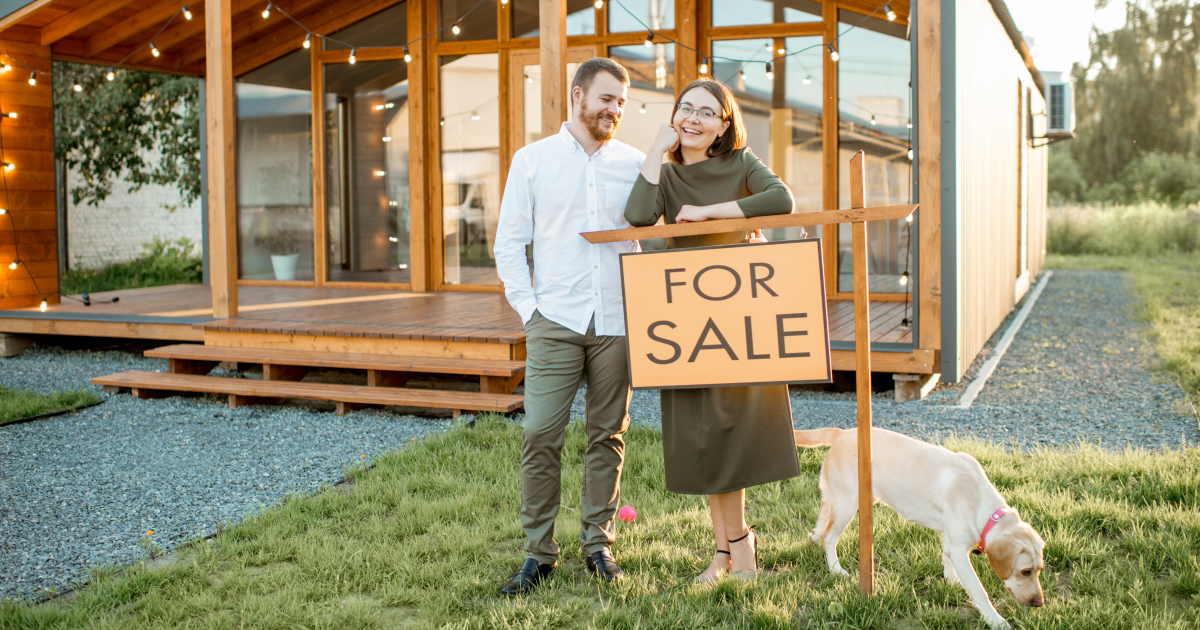Building a custom home is a significant investment, so understanding the factors that influence its resale value is crucial. Several elements come into play when determining how well a custom-built home will hold its value in the long term. These factors include location, design, quality of materials, energy efficiency, maintenance, and future market trends. Plan on selling your home? Find out here what factors impact the resale value of a custom home. Work with experts for better results.
Location and Neighborhood
Proximity to Amenities
One of the most significant factors that impact the resale value of any home is its location. Homes in desirable neighborhoods, with easy access to schools, shopping centers, parks, and transportation, typically have higher resale values. If your custom home is located in a well-developed area with strong infrastructure, it will attract a broader pool of potential buyers.
The location also affects property taxes, which vary significantly depending on the area. Buyers often look for properties in areas where they can get the best combination of quality of life and manageable tax rates.
Future Development
Consider the future potential of the area where your custom home is built. Areas experiencing growth or urban development may see property values rise over time. For instance, if new amenities, businesses, or transportation links are planned in the vicinity, this can boost your home’s resale value. However, if a neighborhood is at risk of overcrowding or declining in desirability, it could negatively affect the property’s value.
Quality of Design and Construction
Timeless, Functional Design
The design of your custom home plays a critical role in its future resale value. Homes with timeless, functional designs are more likely to appeal to a wide range of buyers. While it’s tempting to build according to personal preferences, such as unique architectural features or layouts, homes with universal appeal are more likely to hold their value.
Open floor plans, ample storage, and functional spaces, such as home offices, are sought-after features. Buyers also appreciate homes with well-designed kitchens, modern bathrooms, and flexible living spaces that can adapt to different lifestyles.
High-Quality Materials
The materials you use during construction will also affect the resale value. Durable, high-quality materials not only enhance the home’s aesthetic appeal but also require less maintenance, making them more attractive to buyers. Premium finishes, hardwood flooring, solid countertops, and high-end appliances contribute to a home’s longevity and attractiveness.
If the craftsmanship is superior, it will show in the details and durability of the home. Conversely, if a home is built with low-quality materials or lacks attention to detail, buyers may view it as a liability, thus reducing its resale value.
Energy Efficiency and Sustainability
Green Building Practices
Energy-efficient homes are increasingly in demand as buyers prioritize sustainability and long-term cost savings. When building a custom home, incorporating energy-efficient features like solar panels, energy-efficient windows, and high-performance insulation will increase its appeal. Energy-efficient homes tend to have lower utility costs, making them attractive to environmentally conscious buyers or those looking to reduce expenses.
Certifications and Smart Technology
Homes built to meet energy efficiency standards, such as LEED certification or ENERGY STAR ratings, often command higher resale values. Additionally, integrating smart home technology, such as smart thermostats, lighting, and security systems, enhances convenience and can be a selling point for buyers who value modern, tech-savvy homes.
Maintenance and Upkeep
Regular Maintenance
A well-maintained custom home retains its value much better than one that has been neglected. Regular upkeep, including roof maintenance, HVAC servicing, and ensuring that plumbing and electrical systems are in good working order, will help maintain the home’s condition. Buyers are often willing to pay more for a home they believe is in excellent condition and won’t require significant repairs.
Landscaping and Curb Appeal
First impressions matter when selling a home, so curb appeal plays a significant role in resale value. Professionally designed and well-maintained landscaping can increase a home’s marketability. Consider low-maintenance landscaping options that are both attractive and sustainable, as this can be a selling point for buyers who want beautiful outdoor spaces without the hassle of constant upkeep.
Customization vs. Universal Appeal
Over-Customization
While the allure of a custom home is that it fits your specific needs and preferences, over-customization can hurt the resale value. Highly personalized features that appeal to your unique tastes may not be attractive to a broad audience. Features like unusual room layouts, non-standard finishes, or highly specific decor may limit the pool of interested buyers.
Flexible Spaces
When designing your custom home, opt for flexible spaces that can be easily adapted by future owners. For instance, a home office can also be used as a guest room or nursery. Homes that offer this kind of versatility appeal to a wider audience and are more likely to maintain or increase their value.
Market Trends and Timing
Understanding Local Real Estate Market Trends
The local real estate market has a huge impact on resale value. Even the most well-built home can experience fluctuations in value depending on the overall state of the market. It’s important to stay informed about market trends in your area and consider how timing will affect the sale of your home.
Timing Your Sale
In most markets, spring and summer are the best times to sell a home, as buyers are more active during these seasons. Timing the sale of your custom home for when demand is high can lead to a quicker sale and potentially a higher offer. Keep an eye on interest rates, inventory levels, and buyer trends to determine the best time to put your custom home on the market.
Size and Layout of the Home
Balance Between Space and Functionality
While larger homes generally have higher resale values, it’s important to strike a balance between size and functionality. Homes with too much square footage may be seen as costly to maintain or inefficient, whereas smaller, well-designed homes that make good use of space can often outperform larger homes that lack practicality.
Buyers appreciate layouts that maximize livable space, so consider designing a home with open-concept living areas and well-thought-out floor plans that optimize the flow of the home. Including amenities like a functional kitchen, ample storage, and outdoor living spaces can also increase the home’s appeal.
Conclusion
The resale value of a custom-built home depends on multiple factors, from location and design to the quality of materials and energy efficiency. By focusing on timeless, functional design, sustainable building practices, and proper maintenance, homeowners can ensure their custom home not only meets their immediate needs but also retains or increases its value over time. Careful consideration of these factors during the design and building process will help maximize the home’s future marketability and long-term return on investment. Plan on selling your home? Find out here what factors impact the resale value of a custom home. Work with experts for better results.


